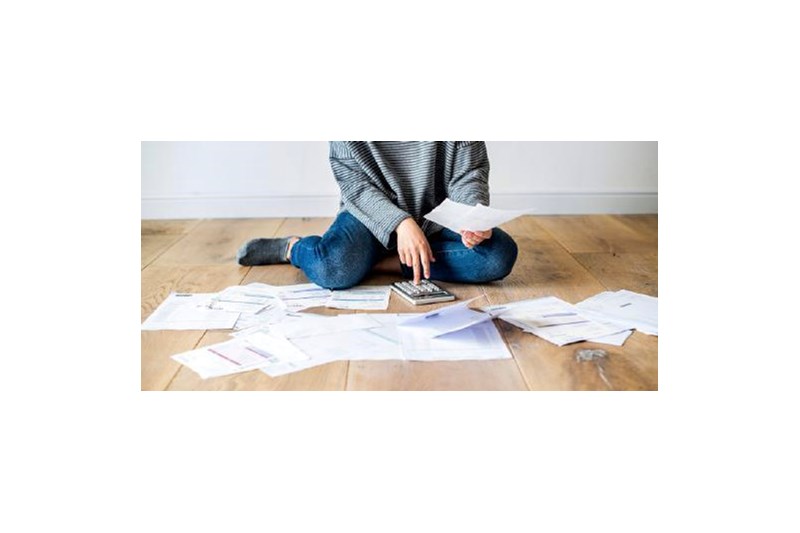Confused and confounded about tax?
Published: 02/01/2020
With the Self Assessment deadline for 2018/19 approaching at the end of this month, it can be a stressful time for those who are new to the process.
With nearly 400,000 people per year joining the ranks of self-employment per year, the ability for the Self Assessment tax return process to confuse and confound continues.
With those earning any self-employment income in tax year 2018/19 facing their first tax return deadline on 31 January 2020, David Redfern, tax specialist and director at DSR Tax Claims Ltd, says: ‘The deadline for informing HMRC that you were self-employed during the previous tax year was 5 October. By registering for Self Assessment, you will not only receive your authorisation code for online Self Assessment but you will also receive your UTR or unique taxpayer reference.
‘You will need both of these in order to complete your tax return online. HMRC sends this kind of information by post, never by email or over the phone, which means that it is important to leave yourself enough time to receive this information. It is also wise to keep it safe. If you made any income from self-employment during tax year 2018/19, whether or not that is your only income, you will need to declare this to HMRC via a tax return and if your earnings are above the personal allowance threshold, currently set at £12,500, you will have to pay tax on your earnings.’
The deadline for both submitting a Self Assessment tax return for 2018/19 and settling any tax owing for that tax year is midnight on 31 January 2020.
Taxpayers who have not yet started their Self Assessment tax return are advised to do so without delay. David explains: ‘Even those who are used to filing tax returns would find it far less stressful to get their Self Assessment tax return completed and submitted as soon as possible – and it is doubly wise to do so if you are a beginner to the process.
‘You can save your tax return as you go along and don’t have to complete in one go but the later you leave it, the more likely you are to run into unforeseen problems and difficulties. While HMRC accepts reasonable excuses for delays in submitting, if it deems the problem to be yours and yours alone, they are less likely to be lenient. With a £100 penalty for being just a day late, it isn’t worth it. By starting early, you not only have chance to sort out any little hassles that may crop up on the way, you also have time to do it slowly, lessening the chances that you will make any silly mistakes.’
Smooth
In order to make the tax return process as smooth as possible, those new to Self Assessment are advised to get all their paperwork and business records organised beforehand so that the information required in the tax return is at hand. Redfern stated 'Not only will you need information relating to your self-employment income, you will also need records of any expenses you wish to claim tax relief for as well as any bigger purchases which may form part of your capital allowances. You may also need other information if you have any rental income, income from other employments or pensions, savings or share dividend income and so on. It is good to start this early because it gives you a chance to get that information if you don’t have it readily available. If you are using estimated figures, make sure you state they are estimated and always try to use actuals where possible.'
Taxpayers have until 31 January 2020 to submit their tax return and pay any tax they owe. David adds: ‘It isn’t just those who are self-employed who need to submit a tax return – those who want to claim job related expenses of more than £2,500 and taxpayers who earn in excess of £50,000 and also claim child benefit also need to submit a tax return. If you complete it and submit now, you can still make changes and corrections up until the deadline so it makes sense to get it out of the way early.’
Author: Julie Bissett













